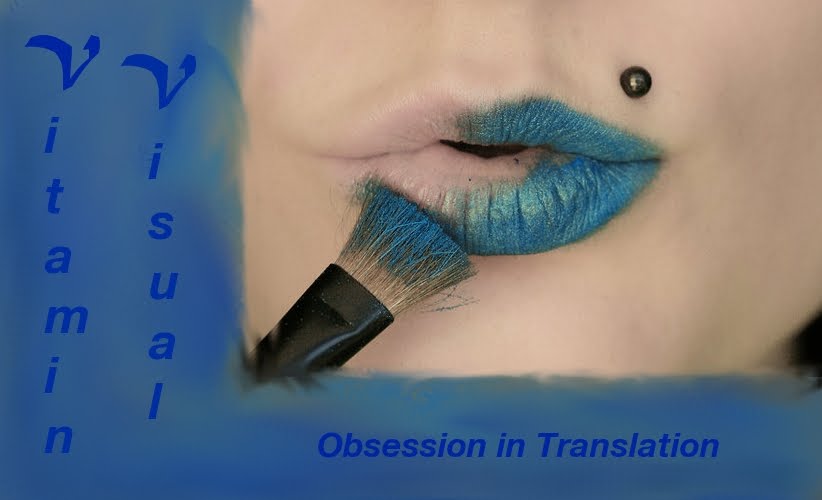 Here is another translation, and the second in a series done for a translation seminar. This time is a song from MERRY (formerly メリー), a band that has recently announced they will be going in a very new direction. Waiting on pins and needles to find out what this means definitely puts me in the mood for a MERRY song I already know and love. My translation notes follow the lyrics if you’re interested in the thoughts behind the work.
Here is another translation, and the second in a series done for a translation seminar. This time is a song from MERRY (formerly メリー), a band that has recently announced they will be going in a very new direction. Waiting on pins and needles to find out what this means definitely puts me in the mood for a MERRY song I already know and love. My translation notes follow the lyrics if you’re interested in the thoughts behind the work. Song: Lululu, Lalala (Japanese title: ルルルラララ)
Artist: メリー
I loose my hair
Drink my love potion
Throw my clothes off in disarray
Telling this lie of infatuation,
A lullaby to you and yesterday
The last dance of
An abandoned cat;
What a blind romance
This sleepless
Grief
Melts down in the slow night
In this bed of
Pre-established Harmony
Goodbye rain pours down
I can’t hear
The voice that calls me
Deep distress is overflowing
All wrapped up in these white sheets:
A cheap, deep, aftertaste dream…
The sun makes its escape
I close my eyes and make my escape
My lips, wetted,
Are trembling
I’m crying out from
My remote corner
The outlines are blurring together
I’m seeing
An anomalously-colored
Blue cat
Lululululu,
Lalalalala,
A solitary melodic harmony
This sleepless
Grief
Melts in the slow night…
Melts down…
The sun makes its escape
I close my eyes and make my escape
My lips…
In this lewd dream, I’m gazing up at the sky
In a place no one knows, I’m trembling…
Trembling
Translator's Notes
This song begins with a concrete description of the actions of the main subject (who, although the song is sung by a man, could be assumed to a woman from line 1, where she unties her hair) and becomes more and more surreal as her sexual liaisons push her into madness. The first third of the song conveys the character’s feelings of confusion and desperation, but she is still rooted in reality. However, before you know it, she is hallucinating blue cats and singing madly to herself in a corner, trapped in a dream world. The lyricist somehow makes this huge shift in very few words, not only making psychological sense, but also making the reader feel with the character. It is paramount that a translator do the same, and this was my main focus in the piece. Every delicate connotation in this song counts. For example, in line 11, the blue cat that the woman sees is described as “不規則な色彩の青い猫,” which I translated as “an anomalously-colored blue cat”. This is, admittedly, very awkward English. However, this animal is not strange; it is not irregular; it is something that flat-out should not be there: an anomaly. However awkward, there is no other word that is as vivid.
However, there was once instance where I chose to stray from the original words. In line 12, the lyricist describes what I translated as “a solitary melodic harmony.” In the original it is “一人調和のハーモニー.” Both 調和 and ハーモニー mean harmony, and Japanese readers would most likely recognize that the meanings are the same. However, it would sound rather meaningless to write “harmonious harmony” in English, and thus I went with the best synonym for harmonious that I could find. Another challenge was the phrase “予定調和” (Line 5). At first, I was unsure of what this line meant. However, when I looked it up, I discovered that it is a complex philosophical theory relating to metaphysics. I put a great deal of thought into how convey the entire concept in my translation, before I realized that that would be serious over-translating. Very few Japanese would understand this term without looking it up. After realizing that, I decided to just translate the name of the theory.

No comments:
Post a Comment